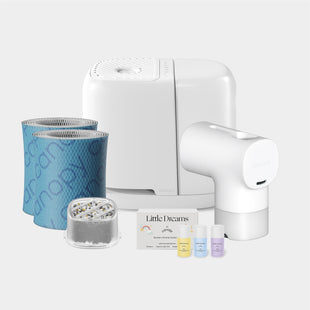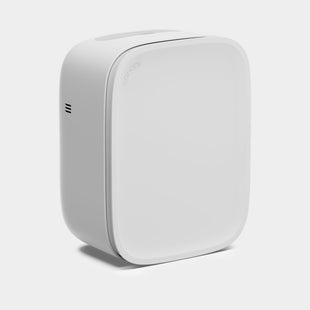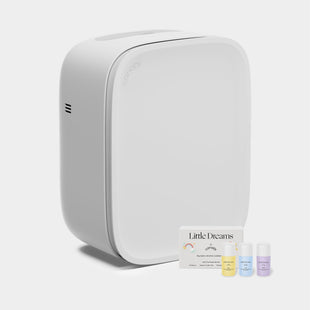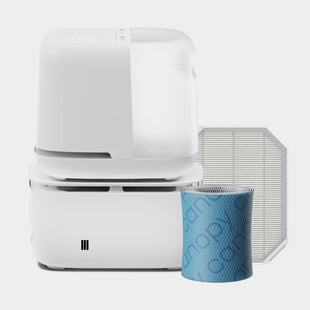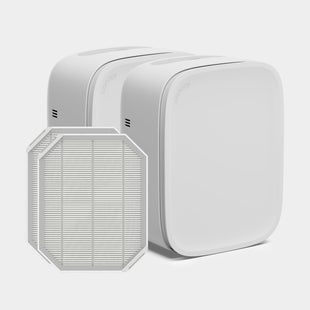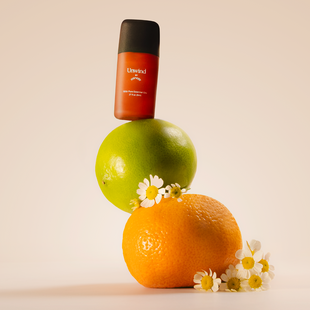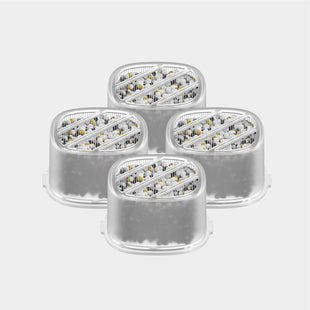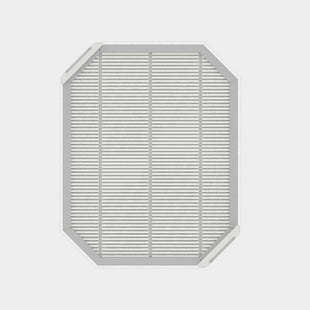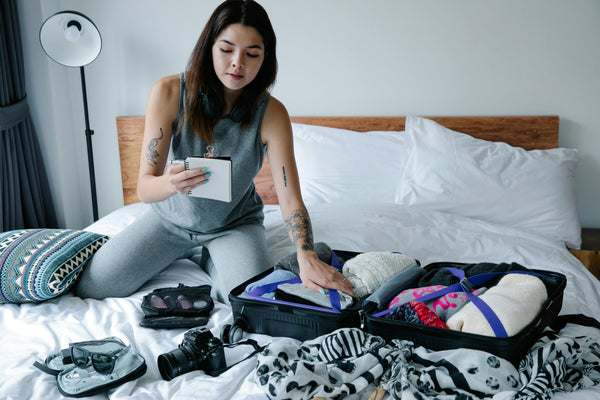Whether you travel for business or pleasure, it’s natural to expect your hotel room to be a cozy home away from home. Unfortunately, poor air quality can compromise your comfort. Understanding why hotel air feels so dry is the first step to a more comfortable stay—and solving the problem without resorting to risky or unproven hacks.
Common Air Quality Challenges in Hotel Rooms
Ideally, the humidity in a hotel room should be between 30% and 50%. If the air is noticeably dry, the humidity is likely below 30%. The heating system could be to blame for the arid conditions in late fall and winter. The frigid air outside can’t hold much moisture, while the heat inside further dries out the air. If you live in an apartment building, you may already be familiar with some of these challenges.
You might not fare better during a spring or summer hotel stay. Warm air holds more moisture, but guest rooms can still end up feeling dry. Some hotels install dehumidifiers to prevent guests from sweating and feeling sluggish during warm-weather travel—but automated settings on these devices can remove too much moisture, affecting air quality and comfort.
Hotels also tend to crank up the air conditioning to beat the heat. The steady stream of air is refreshing, but it comes at a cost. The AC’s cooling process is the reason for the dry air in the room. The air condenses when it passes through the heat exchanger, losing moisture through water droplets.
Due to safety concerns, hotel rooms typically have non-opening windows, which prevents the airflow that can make you feel more comfortable at home.
How These Issues Can Affect the Guest Experience
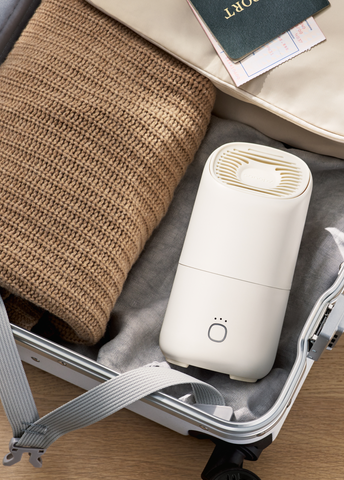
If you’ve ever felt under the weather after your first night in a hotel room, dry air is often the culprit. Remember to put throat lozenges, eye drops, and a few packs of tissues in your toiletries bag. The hotel room air can dry out your throat, respiratory system, and eyes, leaving you with a sore throat and cough or congestion. Your eyes might also feel tired and itchy, even after a great night’s sleep.
Traveling and being in shared spaces can also increase the likelihood of germ transmission, airborne viruses thrive in dry conditions. They can stay in the air longer, rather than settling on surfaces they can be cleaned from.
Dry hotel air also pulls moisture from the skin, so you might feel itchier, tighter, and flakier than usual. To be on the safe side, pack travel-friendly skincare products with moisturizing, hydrating, and other skin barrier-supporting ingredients.
Why You Should Skip the Hotel Room Hacks
There are plenty of tips and tricks online that can help you add moisture to a dry hotel room. Although they seem like effective solutions, each comes with problems.
Letting moist steam from a shower filter from the bathroom into the main bedroom area is one popular suggestion. But you don’t have a lot of control over the moisture levels, so the air can become oppressive—plus, it wastes water and can create excess noise. Keeping the bathroom door open also reduces your privacy if you’re traveling with a companion. Exposure to hot water can also leave your skin feeling dryer in the end.
Another hack you might be tempted to try is to put a container of water near the heater vent or radiator. Heat causes the water to evaporate, which increases room humidity, like a DIY humidifier. Bumping into the container and spilling water could be concerning if the heat source is near electronics or electrical outlets. Plus, this hack won’t work without heat to help the water evaporate and a fan to disperse the moisture.
Packing a spray bottle makes it easier to add moisture no matter the season and temperature, but there is a big downside. Spraying mist into the air could leave bedding, carpeting, and your luggage damp.
The well-known wet towel hack is no better. Placing wet towels on hotel furniture or coat racks to evaporate can create other problems, like musty mildew smells on upholstery and rusted metal or warped wood fixtures.
What Can You Do to Humidify a Hotel Room?
The good news is that there’s a better way to make hotel room air more breathable and comfortable. The new Canopy Portable Humidifier is a convenient, year-round solution for hydrating areas up to 4 feet in hotel rooms. The TSA-approved device can easily be tossed in a tote bag or carry-on and doesn’t take up space on a counter, desk, or nightstand.
The water sits in a tank, so there’s no fear of spilling it. To use the humidifier, twist the water tank and cap to detach these components from the base. Fill the tank with distilled, filtered, or tap water and then screw the base back on.
The humidifier can run continuously on battery mode for up to 11 hours on the low setting and a little less on the medium or high setting.
Best of all, you can place an aroma puck on the humidifier and let your favorite fragrance blends diffuse into the air. Although the unit produces a light mist, you don’t have to worry about heavy droplets or thick clouds of vapor leaving surfaces damp.
Say farewell to dry sinuses and dry, flaky skin with a personal humidifier that provides all the comfort of home.









